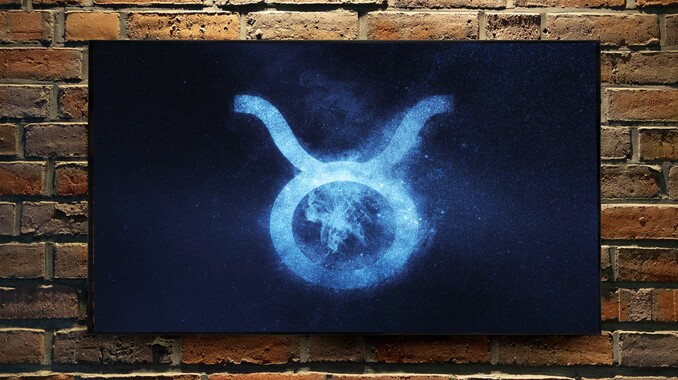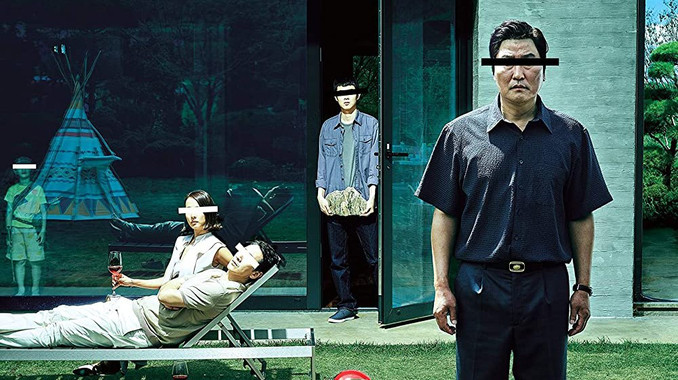When Jordan Peele‘s “Get Out” was released in 2017, it was impossible to underestimate the impact that it would have on the film industry. Not only did it remind executives that a film starring mostly Black actors could be successful, but it also reminded them that a Black horror film could be successful. Since then, we’ve been subjected to several Black horror films, good and bad. The success of “Get Out” has also led to the return of “Candyman,” the film that helped put Black horror on the map.
The original “Candyman” teleported into theaters all the way back in 1992 and brought with it box office success, making $25.8 million domestically on a budget of approximately $8 million to $9 million. The film focuses on a graduate student in Chicago, who is doing a thesis on the local urban legend of Candyman. Her research brings her to the Cabrini-Green housing project, a location that is supposedly haunted by the ghostly figure, and after expressing skepticism, she begins to experience the horror of the legend come to life.
What made the film so special was the fact that it was a horror movie revolving around race and class. At this point, there hadn’t many horror movies with these themes. Race and class are woven into the fabric of “Candyman,” but they don’t exactly dictate the plot. The titular specter, who would later become Candyman, was an artist and the son of a slave. After falling in love with the daughter of a wealthy white man and being viciously killed by a lynch mob, he becomes a spirit that haunts those who reside on the site of his murder.
A common complaint about the movie is that it doesn’t make sense for Candyman to murder Black people, considering his backstory. He spends the entire movie indiscriminately murdering people because his goal is to spread the legend of Candyman so that he can still exist. The blending of African American history and horror in “Candyman” paved the way for the films that would follow in its wake. The aforementioned “Get Out” did a great job of following its example. The same can’t be said for a movie like “Antebellum,” a horror film that was clearly inspired by “Get Out.”
What made “Antebellum” disappointing was the fact that it was not as fleshed out as “Candyman“ or “Get Out.” The villains are generic racist white people, who kidnap Black people to live out the fantasy of owning slaves during the Civil War. There’s no indication of who these people are or how they’re able to kidnap, presumably, hundreds of Black people and not have anyone come looking for them. Also, don’t get us started on Gabourey Sidibe‘s character, who is easily the worst one in the movie.
“Antebellum” isn’t the only bad Black horror movie out there. The upcoming “Karen” movie looks pretty bad for a variety of reasons, mainly its plot. In true “ripped from the headlines” fashion, a racist white woman, AKA “Karen,” obsesses over and harasses a Black couple that moves into her neighborhood. The trailer shows how tone-deaf and on the nose the movie really is, with heavy-handed shots of Confederate-flag soap dispenser and explicit mentions that the “Karen” “doesn’t like Black people.” This would all be fine if this film were a satire like “Get Out,” but it isn’t. Those in control of the movie decided to go with this plot and cast a Trump-supporting, Q-Anon believer as the film’s “Karen.”
Movies like this and “Antebellum” miss the mark at being good Black horror films because they’re just copying tropes and trying to cash in on them without understanding why they worked so well in the first place. Early reviews allege the new “Candyman” is just as good, if not better than the original. We’ll continue to have great Black horror films, as long as there are creative and talented directors, who are actually interested in creating a good movie, rather than making a quick buck.
![]()
The content is featured on https://www.directv.com/insider/ is editorial content brought to you by DIRECTV. While some of the programming discussed may now or in the future be available affiliates distribution services, the companies and persons discussed and depicted, and the authors and publishers of licensed content, are not necessarily associated with and do not necessarily endorse DIRECTV. When you click on ads on this site you may be taken to DIRECTV marketing pages that display advertising content. Content sponsored or co-created by programmers is identified as "Sponsored Content" or "Promoted Content."





